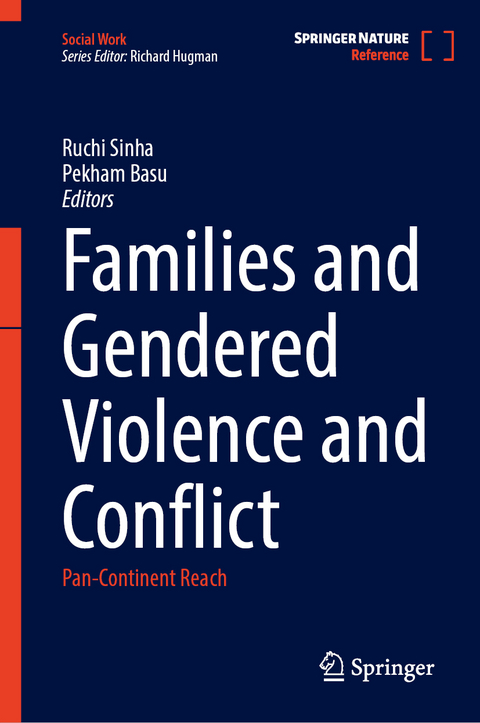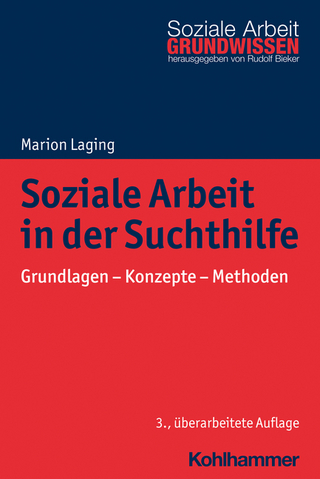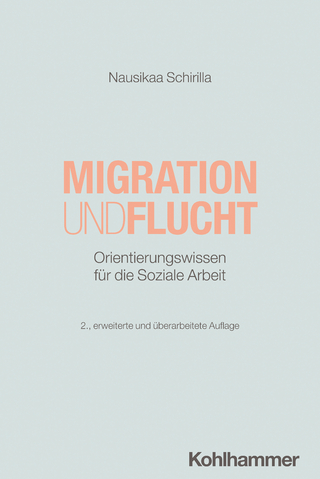
Family and Gendered Violence and Conflict
Springer International Publishing (Verlag)
978-3-031-60382-2 (ISBN)
- Noch nicht erschienen - erscheint am 11.12.2024
- Versandkostenfrei innerhalb Deutschlands
- Auch auf Rechnung
- Verfügbarkeit in der Filiale vor Ort prüfen
- Artikel merken
This reference work collates academic discourses and practices around family, gender, and violence in social work.
A huge body of discourse is available that categorizes and labels acts of violence, and correspondingly practices that pin blame/responsibility for the violence. These have led to evolution of intervention strategies to resolve or address the violence. Some explanations foreground systemic causes; others look at person-centric causes. The two views bring forth the fundamental ontological divide of structuralism and individualism. The question for social workers to debate is what to factor in while working with families experiencing violence and conflict. What amongst the person, the agency, or the structure needs to be addressed to understand the experience of families in conflict and violence? Are these positions supplementary, complementary, or to be understood reflexively? With the inclusion of new families, the parochial understanding of families has long been dislodged and given way to newer, radical, and contextual understanding of families. Similarly, different people, agencies, and states understand violence and conflict differently. Gender, too, has moved from the binaries of male and female to the gender-diverse LGBTQIA+ identities.
The book positions the ontological premise on which the epistemological practise is located. Simply put, the person-centric ontology on families and violence epistemologically finds understanding in agency-based approaches in individual agency, whereas the structure-based approaches find the experience of families and violence in society, state, and the world order. The contributors locate their work around identification, definition, an intervention or empirical study, policy analysis, historical evolution of concepts, and ontological and paradigmatic debates to position their individual chapters.
Family and Gendered Violence and Conflict: Pan-Continent Reach provides a paradigmatic prism for practice for social workers who are equipped to interpret context differently. The differing and competing paradigmatic lenses cannot be mediated, resolved, or addressed, but they definitely can be understood and debated to provide a 360-degree lens on the issues of families in violence in the gendered context. The reference work is a useful resource for social work practitioners, educators, academicians, researchers, and other development professionals.
Ruchi Sinha, PhD, is an Associate Professor and Chairperson of the Centre for Criminology and Justice in the School of Social Work at Tata Institute of Social Sciences (TISS) in Mumbai, India. She completed her Mphil/PhD from Jawaharlal Nehru University (JNU) in New Delhi. Dr. Sinha has over two decades of experience on issues of violence, human rights, development, criminal justice policy, social work in the criminal justice system, trafficking, child rights, child protection, and juvenile justice. Currently she is engaged on issues around sexual exploitation, abuse and its impact on children, as well as studying the impact of development on families.
Pekham Basu, PhD, is an Assistant Professor at the Centre for Equity & Justice for Children & Families in the Faculty of the School of Social Work at Tata Institute of Social Sciences (TISS) in Mumbai, India. She completed her studies in History from Loreto College in Calcutta. Dr. Pekham holds a Master's degree in Social Work from TISS Mumbai. Her PhD dissertation was on the Widows of the Mine, based on her extensive work on occupational health and violation of labour rights of mineworkers in Rajasthan. In the course of her two decades of work in the field, Dr. Pekham has worked on violence against women and children, social entrepreneurship with funding agencies, corporate social responsibility, and on issues pertaining to quarry and mineworkers and their families.
Part I: Introduction
1. Unravelling the tapestry: exploring family violence and social work interventions
Part II: Social Work Perspectives and Interventions
2, Social Work Concepts, Theory, and Values in Practice with Family and Gendered Violence
3. Gender-Sensitive and Culturally Responsive Services for Indian Immigrant Women Experiencing Domestic Violence: Centering Practitioners' Perspectives in the United States
4. A Syndemic Approach to Gender-Based Violence and Its Applications to Social Work Research and Practice
5. Mitigating Family and Gender-Based Violence Through Parent Empowerment: A South African Perspective
Part III: Legal, Policy and Institutional Responses to Family and Gender-Based Violence
6. Domestic Violence in Germany: Analysis, Intervention, and Prevention
7. Domestic Violence in Turkey: Causes, Effects, and Proposed Solutions
8. Gender-Based Violence and Public Policy in Putin's Russia
9. A Critical and Comparative Analysis of the Laws Pertaining to Intimate Partner Violence in Queensland (Australia) and Lagos (Nigeria)
10. Legislation and Gender-Based Violence in South Africa: What Is the Problem Represented To Be?
11. Critical Analysis on the Capacity of Law Enforcement Personnel to Respond to Gender-Based Violence in the Domestic Sphere in West Africa
12. Women Hajj Pilgrims from India: Navigating Social, Legal, and Policy Challenges to Reclaim Public Spaces
Part IV: Impact of COVID-19 on Family and Gender-Based Violence
13. Family Violence in the Storm of COVID: The Story of Aotearoa New Zealand
14. Impact of COVID-19 on Family Violence Among Marginalized Communities in the United States
15. Kinships During Crises: A Case Study of Nachchi Sex Workers in Sri Lanka Coping with the COVID-19 Pandemic
Part V: Exploring Family and Gender-Based Violence from Diverse Contexts
16. Intersex Persons and Their Families in India: Critical Perspectives and Recommendations for Social Work Practice
17. Resisting Intimate Partner Violence: The Lived Experiences of Women Tea Plantation Laborers of Durrung Tea Estate, Sonitpur District, Assam
18. Reproductive Health Choices of Homeless Young Adults in Low-Income Settings and the Cyclical Implications of Gender-Based Violence in Ghana
19. Violence Against Drug-Using Women in Intimate Partnerships
20. Postseparation Contact Between Children and Their Violent Fathers: Whose Best Interest Is It?
21. "He Did Exactly What They Probably Did to Him": A Qualitative Study on Transgenerational Effects of Foster Care-Related Experiences of Violence
22. Gender Violence, Family, and Conflict: A Cross-Comparative Study of the Contexts and Challenges in Africa and India
23. Technology-Facilitated Gender-Based Violence in India
Part VI: Conclusion
24. Navigating Complexities: Confronting Family and Gendered Violence and Conflict through Social Work
| Erscheinungsdatum | 22.11.2024 |
|---|---|
| Reihe/Serie | Social Work |
| Zusatzinfo | XXI, 510 p. 485 illus., 456 illus. in color. |
| Verlagsort | Cham |
| Sprache | englisch |
| Maße | 155 x 235 mm |
| Themenwelt | Sozialwissenschaften ► Pädagogik ► Sozialpädagogik |
| Schlagworte | changing families • Conflict and war • contextualizing violence • family social work • gendered conflict • gendered violence • interpersonal interventions with families • pan-continent diversity • social development • Social Work Education • social work policy frameworks • social work practitioners • Social work research • social work theory • socio-legal frameworks • structural social work practice • understanding gender |
| ISBN-10 | 3-031-60382-6 / 3031603826 |
| ISBN-13 | 978-3-031-60382-2 / 9783031603822 |
| Zustand | Neuware |
| Haben Sie eine Frage zum Produkt? |
aus dem Bereich


